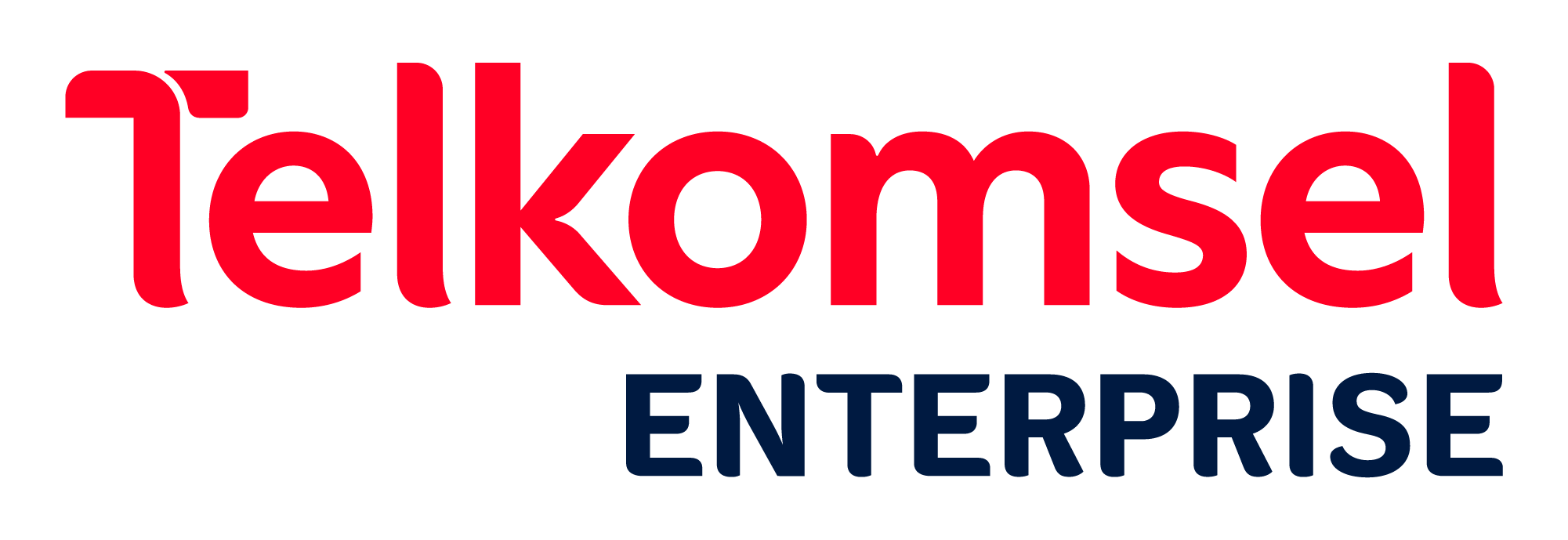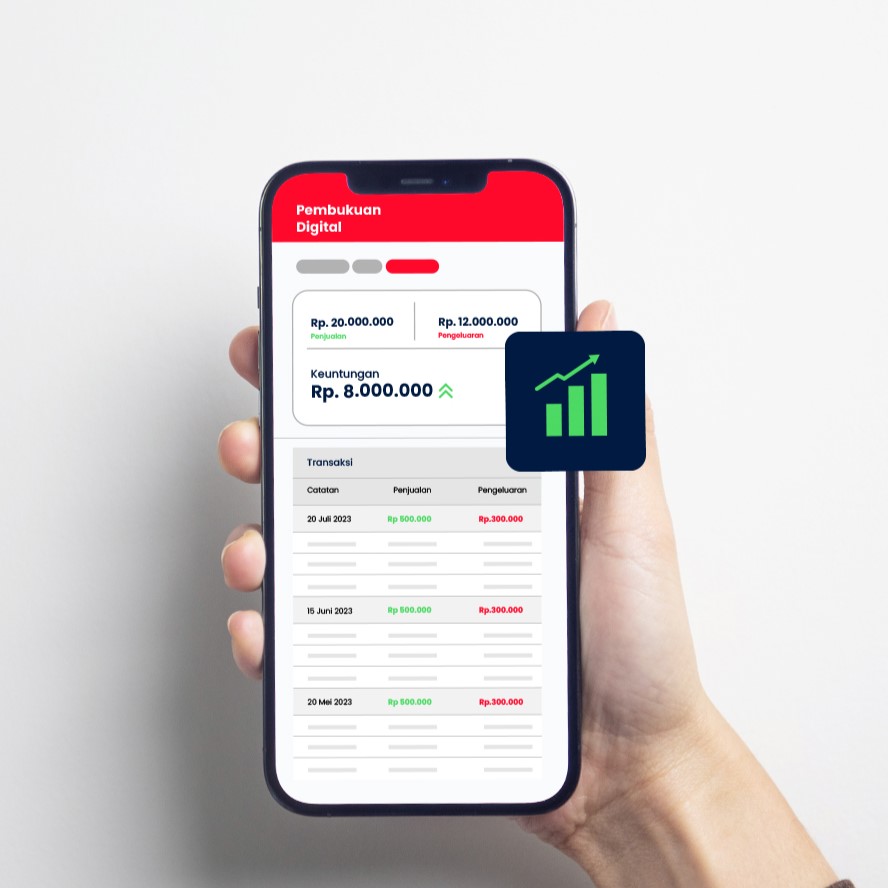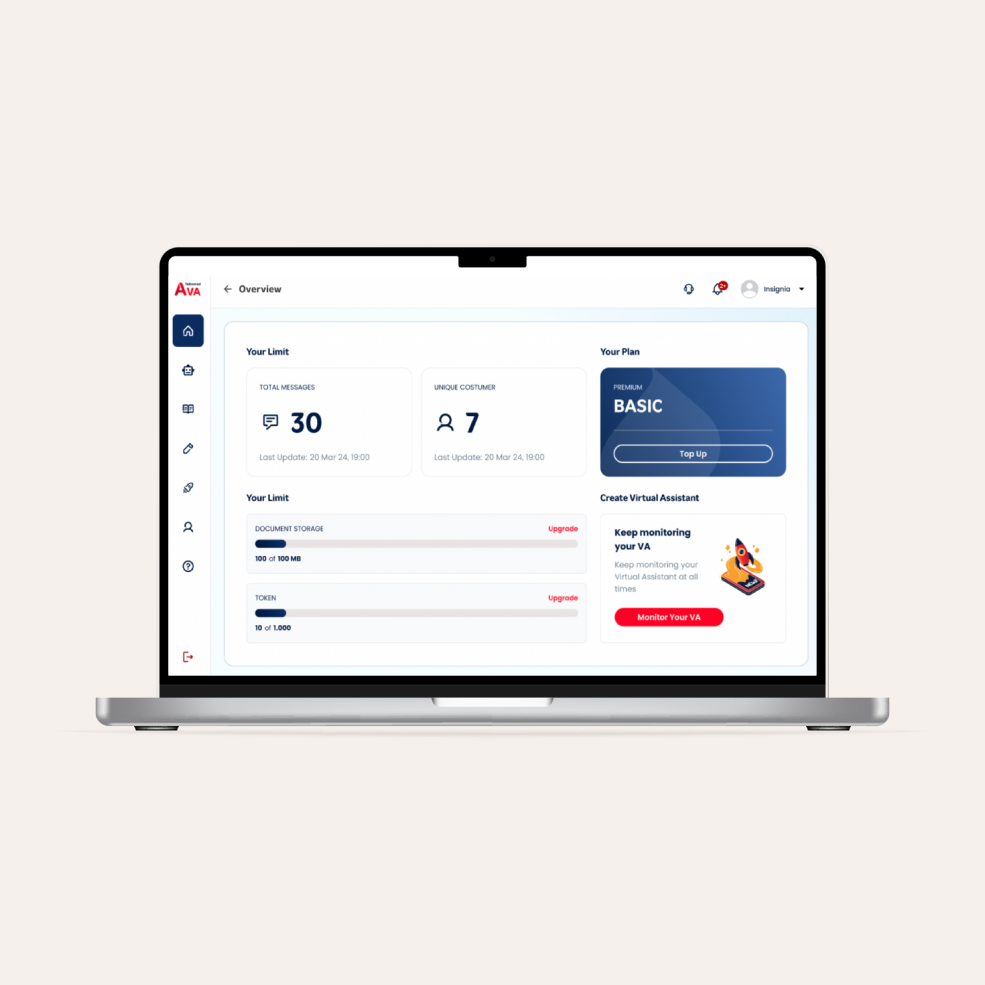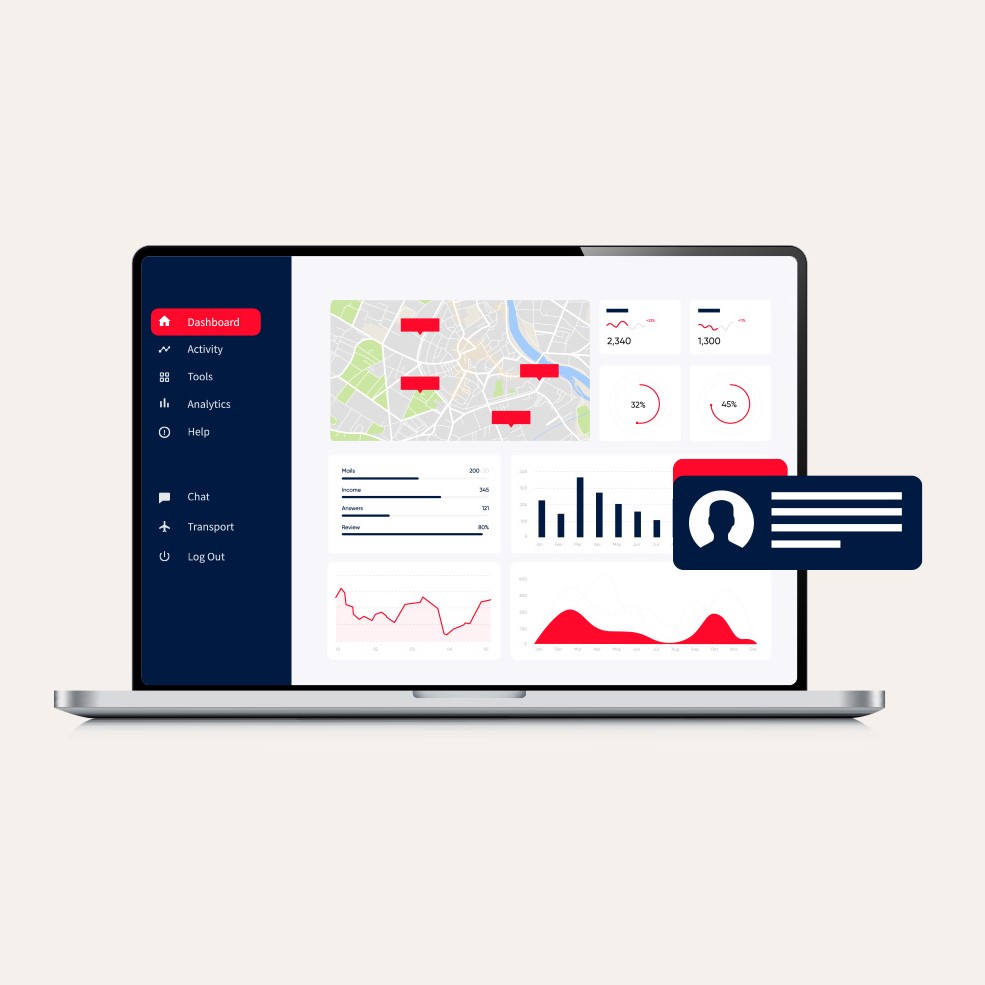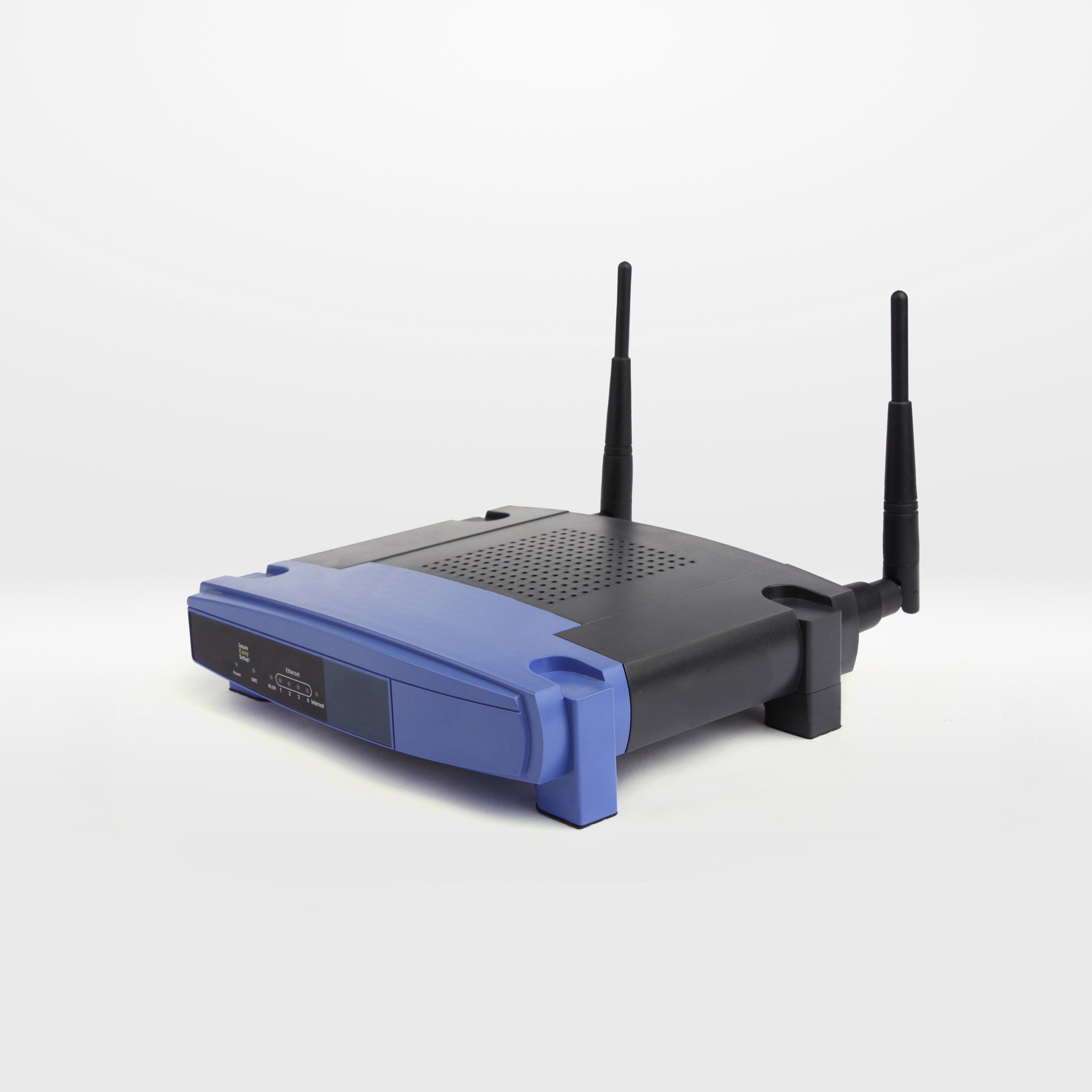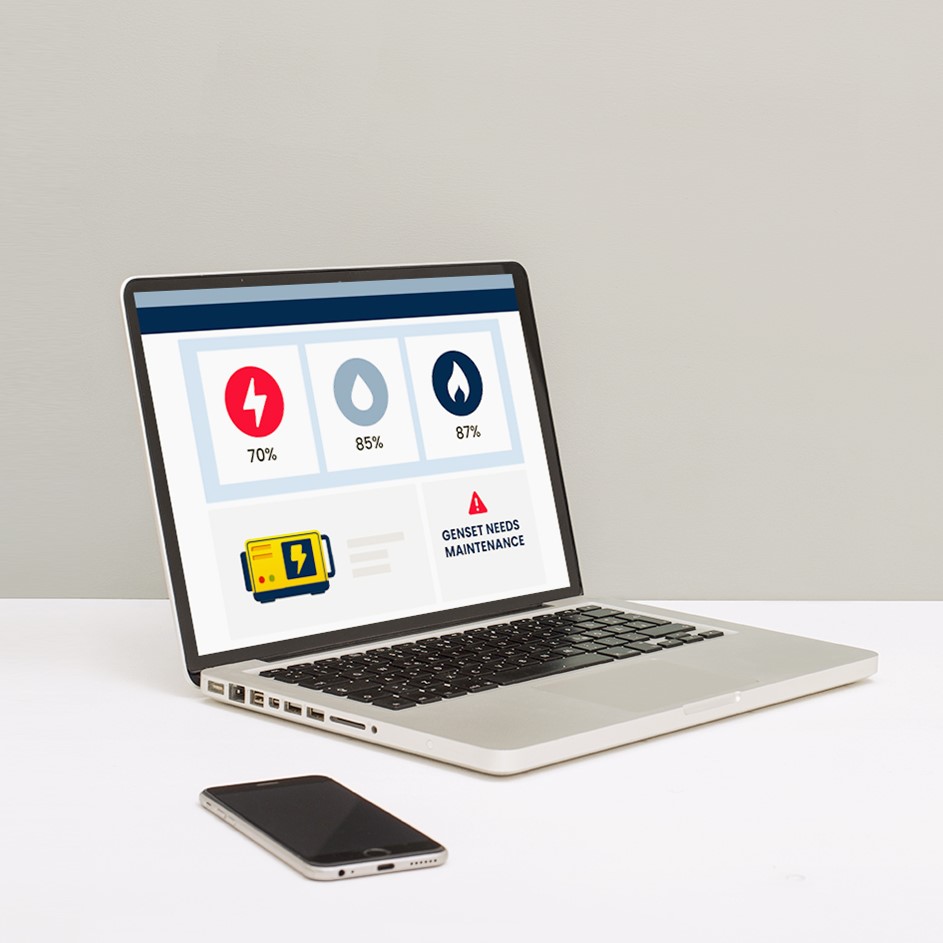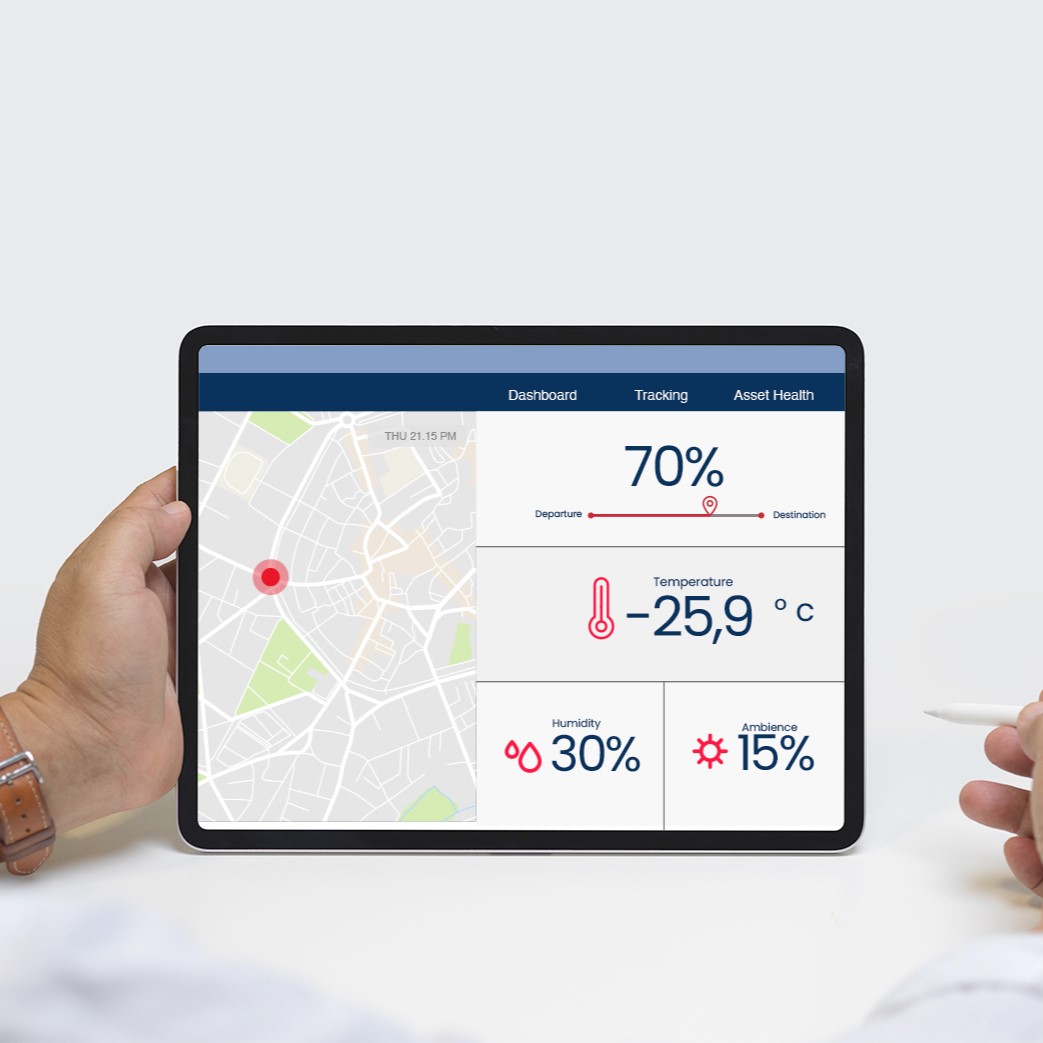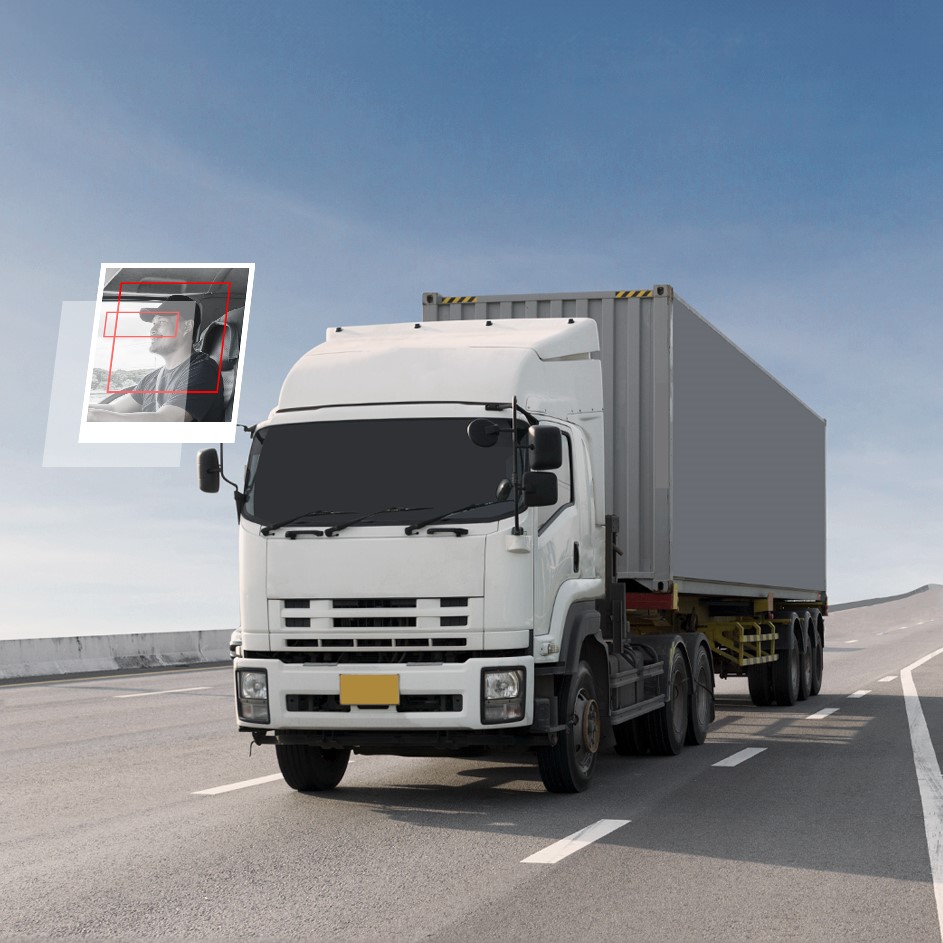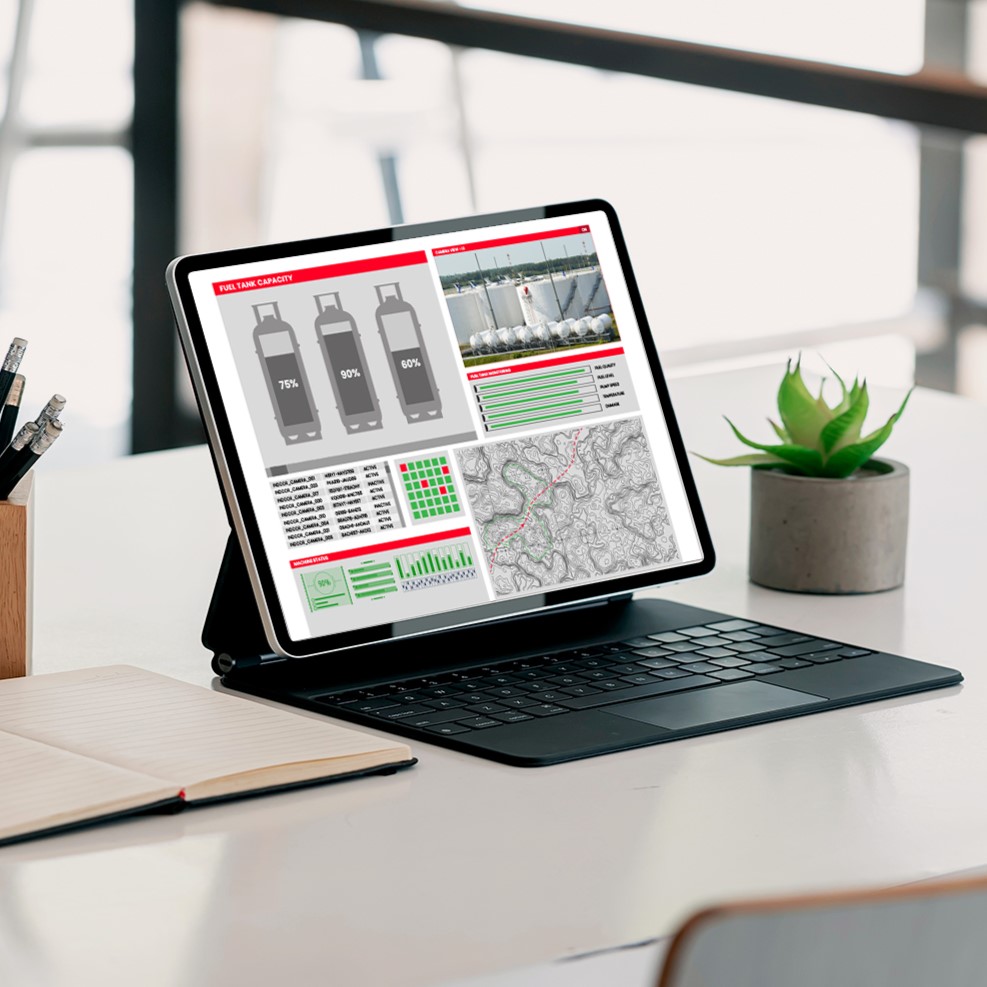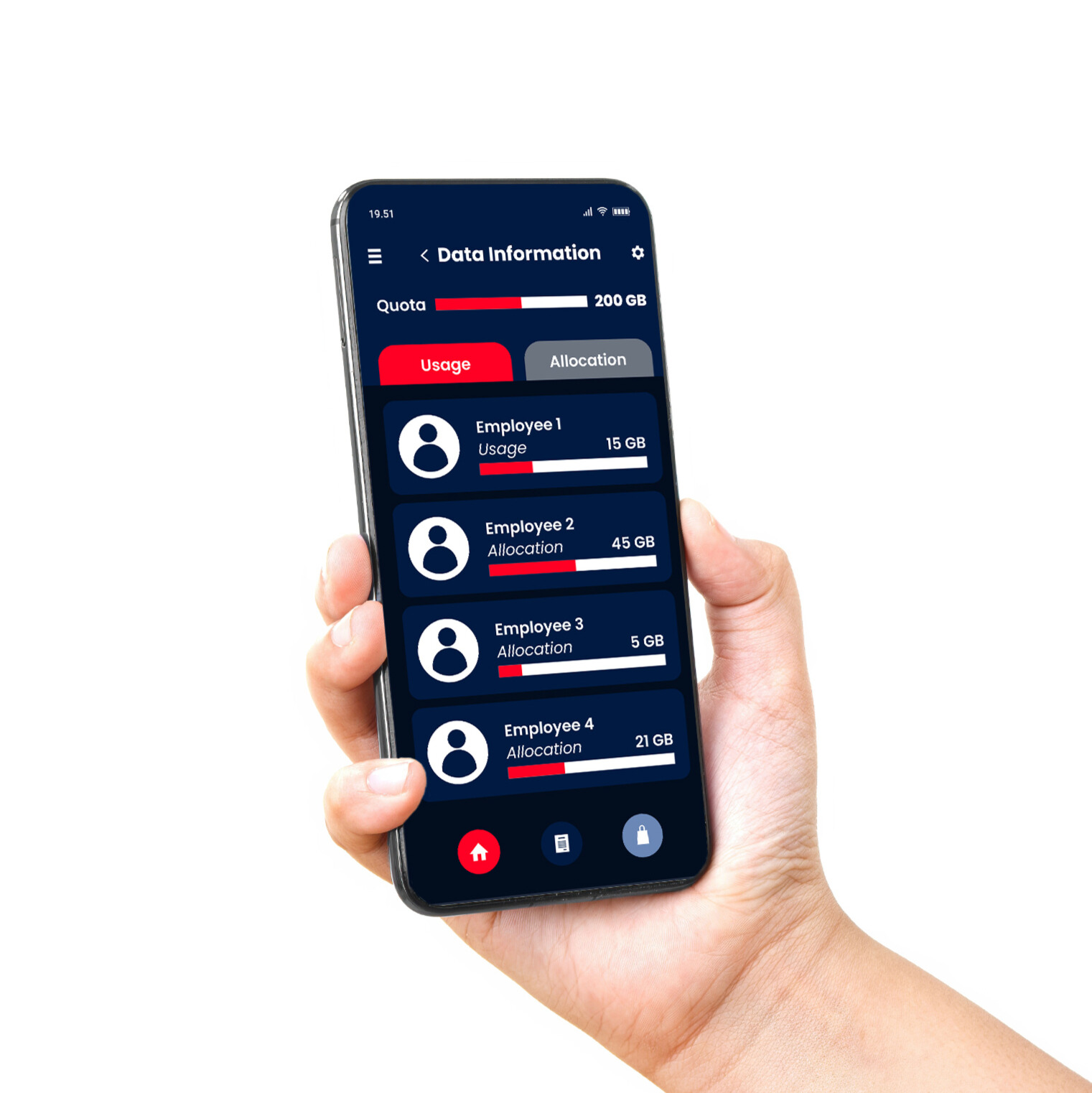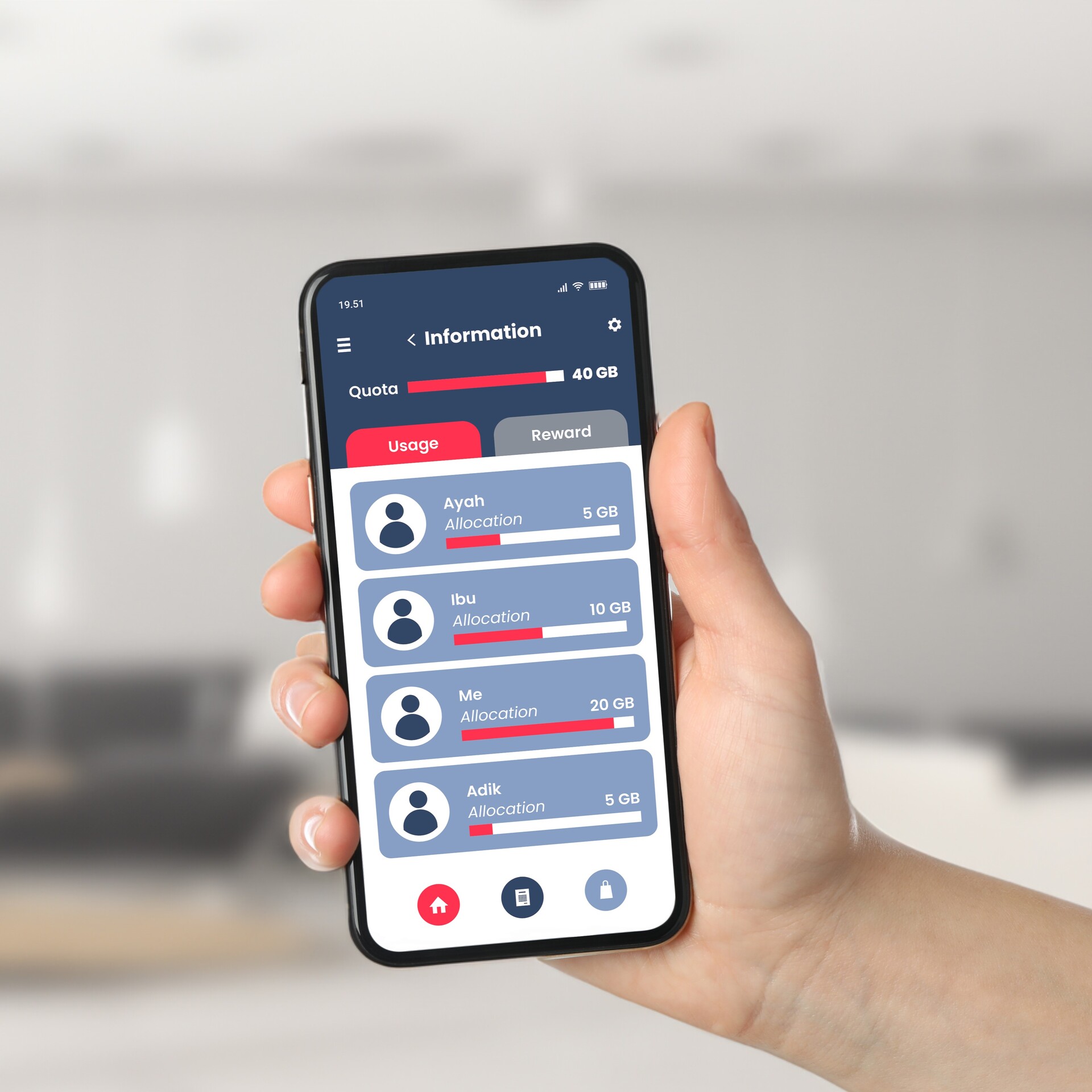Field force management is an area that continues to develop and becomes increasingly important in the global business sphere.
Even, the Asia-Pacific region is predicted to experience the highest growth rate in this field. This phenomenon is driven by several factors, including strong economic growth in developing countries, rapid digital transformation, and strategic modernization. The combination of these factors creates a conducive environment for the adoption and evolution of field force management.
Increasing adoption of automation and digitalization in field services is also another factor. By adapting to the changing needs of field operations and eliminating unproductive tasks, automation paves the way for significant operational improvements. This not only reduces operational costs but also increases the company's level of response to customer needs and dynamic market conditions.
In addition, the increasing demand for mobile solutions plays an important role. The use of smartphones and tablets has made it easier to access information and manage field operations from anywhere, providing more flexible real-time visibility and control.
In this article, we will review various aspects of field force management in the retail sector. This discussion is important to provide a comprehensive side of how mobile workforce management can optimize retail operations and help businesses achieve their strategic goals.
Understanding Field Force Management
In general, field force management is a system for managing human resources on duty in the field. In a retail context, this includes arranging store visit schedules, stock management, and direct handling of customer needs and complaints.
The main goal is to ensure that every retail employee works with maximum effectiveness so that it will have an impact on increasing sales and customer satisfaction.
In the beginning, field force management focused more on traditional face-to-face sales methods. In its implementation, field force management often faces various obstacles, such as limited access to real-time data, difficulties in tracking retail employee performance, and challenges in maintaining field team motivation.
However, as time goes by, this method has developed to become more dynamic and diverse. Today, field force management strategies are not only related to direct sales, but also include data collection in the field, analyzing consumer trends, and using technology to improve operational efficiency.
Recent trends show an increase in the implementation of digital solutions to monitor field force performance, manage work schedules, and gain insights that assist in strategic decision-making.
The Role of the Field Force in the Retail Industry
Field force acts as a bridge between brands and consumers, ensuring that customer needs and expectations are met. They also play an important role in identifying new opportunities and emerging trends in the market, providing valuable insights for developing sales and marketing strategies.
Field force responsibilities cover various aspects of daily operations, including:
-
Arrange and manage product displays at the point of sale, ensuring displays are attractive and easily accessible to customers.
-
Ensure product availability by checking stock regularly and efficiently.
-
Provides product information and customer service that is proficient and informative.
-
Recording and analyzing sales data, which is useful for evaluating sales strategies and adjusting marketing plans.
-
Respond quickly and effectively to market dynamics and customer needs.
The direct interactions carried out by field forces with customers have a significant impact on customer experience and customer satisfaction. Focusing on the following aspects can increase their effectiveness:
-
Personal and empathetic services to customers, creating a pleasant shopping experience and building loyalty.
-
Collecting feedback from customers to improve product and service quality.
-
Handling complaints professionally and quickly increases customer trust in the brand.
-
Product education to customers, helping them make better purchasing decisions.
The role of field force must be aligned with sales objectives. This requires effective training and direction, ensuring that every team member understands the targets and the best way to achieve them. Good cooperation and communication between field teams and central management is also important to ensure consistency and effectiveness of sales strategies.

Challenges of Retail Field Force Management
In field force management in the retail sector, various challenges must be overcome to ensure operational effectiveness and efficiency. Some of the common problems encountered include:
Operational Challenges
-
Fluctuations in market demand: Rapid changes in consumer trends and preferences can make it difficult for field forces to meet expectations.
-
Resource limitations: Sometimes field forces face limitations in terms of time, budget, or human resources.
-
Difficulty in tracking and evaluating performance: Without a proper system, it is difficult to measure the effectiveness of field force activities.
-
Challenges in training and talent retention: Keeping retail employees motivated and well-trained is often a challenge.
Cost and Efficiency Challenges
-
Optimizing operational costs: Finding ways to reduce costs without sacrificing service quality is a challenge that is also often faced.
-
Increased productivity with limited resources: Finding efficient solutions to increase field force productivity even with limited resources.
-
Use of technology for efficiency: Implement technological solutions that can help the field force work more efficiently and effectively.
Field force management must continue to adapt to changes in the retail market. Recognizing market trends, adopting the latest technology, and continuing to hone field force skills are key to remaining relevant and effective in achieving sales targets.
Utilization of Technology in Field Force Management
The advances in technology have brought significant changes in field force management, especially in the retail sector. Technology adoption not only increases efficiency and productivity but also enables a more strategic approach to field force management.
Supporting Tools and Software
In facing complex challenges in the modern retail world, using the right tools and software can improve field force performance. For example, by implementing the following solutions:
-
CRM: CRM helps in managing interactions with customers, ensures better customer experience, and provides data for sales analysis.
-
Sales automation tools: Enable field forces to manage orders, stock, and customer data more efficiently.
-
Mobile applications: Applications designed to help retail employees track daily activities, access product information, and communicate with the management team.
-
Analytics: The use of analytics helps in identifying sales patterns, and customer preferences and optimizing marketing strategies.
The Role of Technology to Increase Efficiency and Productivity
Technology not only simplifies daily operations but also brings significant improvements in field force performance. Some of his major roles include:
-
Business process automation: Technology enables the automation of many routine tasks, freeing up field force time to focus on other activities that require more attention.
-
Real-time tracking: Advanced tracking systems enable management to monitor field force performance in real time, making it easier to evaluate and adjust strategies.
-
Data-supported decision-making: With accurate and up-to-date data, companies can make more informed decisions, increasing the chances of increasing sales.
-
Improved communications: Digital communications tools facilitate faster and more effective exchange of information between field forces and management.
The Best Field Force Management Application Solution
Telkomsel Enterprise has developed a solution Field Force Management which has a significant impact in the world of retail. The application is designed to meet the specific needs of the retail sector, providing a competitive advantage through the digitization of field force management processes.
Key Features and Benefits
-
Employee Activity Recording: This application allows digitizing the recording of sales activities, including promotions, order receipts, and daily interactions with customers. This feature helps increase employee productivity by up to 100%.
-
Digital Reports in the Field: Through this feature, field forces can create structured digital reports using GPS tracking, geo-location, and time records to increase report accuracy.
-
Stock Delivery Monitoring: This system ensures accurate monitoring of product inventory, and helps in managing stock levels and maximizing sales.
Why Choose Field Force Management from Telkomsel Enterprise?
-
Job time optimization: Save field force travel time with full visibility of job location and status.
-
Increases customer satisfaction: Work completed on time provides a good experience for customer satisfaction, which is vital in the retail industry.
-
More effective communication: Facilitates communication between employees, important for coordination and work efficiency.
-
Increase worker productivity: The process of monitoring, tracking, and reporting activities in the field can be accessed in real time which will support increased productivity.
The Field Force Management application from Telkomsel Enterprise is a clear example of how technology can strengthen field force management in the retail sector, bringing significant changes in the way companies operate and interact with customers.
Conclusion
With the retail environment continuing to change, effective field force management has become increasingly important. Investments in technology, training, and the right strategy will enable retail companies to remain competitive, meet customer needs, and ultimately achieve significant sales increases.
Increase the efficiency and productivity of your business field force with Field Force Management from Telkomsel Enterprise. Contact us now to get more information regarding this solution.



